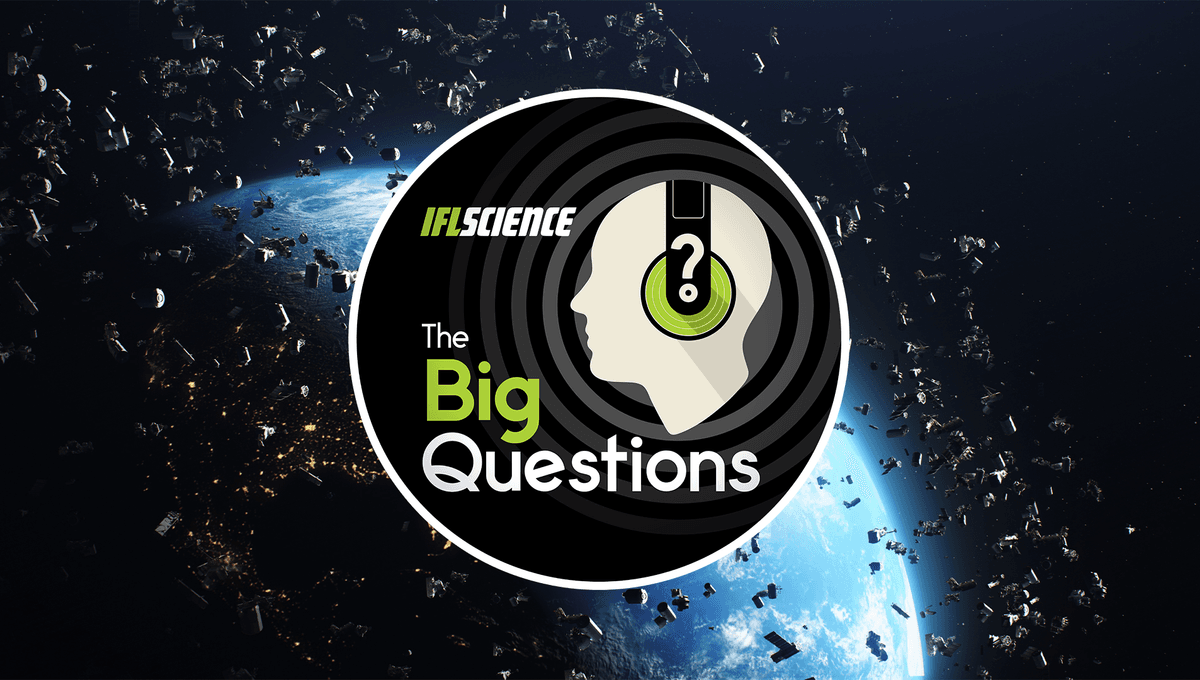
Space junk is a problem and it’s only set to get worse. In 2018, there were over 2,000 satellites in orbit. Now, thanks to mega-constellations like Starlink, there are 9,000 satellites, and by the end of the decade, this number is expected to reach 60,000. A crowded space environment runs the risk of Kessler Syndrome, where there is so much pollution in orbit that collisions between objects become inevitable, and produce even more space junk.
Host Dr Alfredo Carpineti spoke with space environmentalist Professor Moriba Jah from the University of Texas at Austin to discuss why space junk is such a big deal and how we can make space safe, secure, and sustainable.
You can listen to this episode and subscribe to the podcast on all your favorite podcast apps: Apple Podcast, Spotify, Google Podcast, Podbean, Amazon Music, and more. A transcript of the conversation is available here.
Source Link: IFLScience The Big Questions: Why Is Space Junk Such A Big Deal?